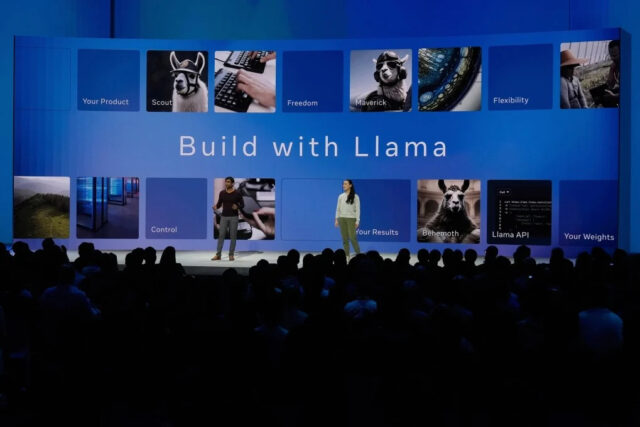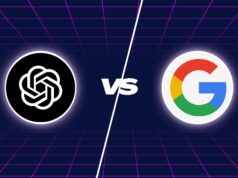
Meta has officially launched its Llama API, marking a significant step in its evolution from a foundational model provider to a full-scale AI service platform. This move positions Meta to directly compete with other tech giants such as Microsoft, OpenAI, and Google, who currently dominate the generative AI ecosystem.
Aimed at Developers, Focused on Speed
Currently available in limited preview, the Llama API is designed to simplify the development process for AI-powered products. By minimizing the amount of code needed, Meta aims to make it easier for developers — from startups to enterprise teams — to integrate its Llama models into applications.
The API supports the latest Llama 4 models, which Meta claims can process over 2,600 tokens per second. That’s a notable benchmark that puts Meta’s offering on par with — or faster than — some of the leading alternatives. In fact, Meta reports that its API can deliver up to 18x the speed of traditional GPUs, thanks to its custom hardware stack and backend optimizations.
Customization and Monetization
A key selling point of the Llama API is extensive customization. Developers can tweak model behavior, prompt handling, and output formatting, enabling fine-tuned results tailored to specific business needs or user experiences.
Meta is also taking a page from OpenAI’s playbook by selling tokens for AI computations, signaling a shift in business model. Until now, Meta has focused largely on open-source releases of Llama models. With this API, the company is embracing the service-provider approach — offering computation as a paid utility.
Over 1 Billion Downloads and Counting
The launch builds on the explosive popularity of the Llama model family, which has been downloaded over 1 billion times across platforms since its debut. Llama models have gained strong traction among developers, researchers, and AI enthusiasts due to their open licensing and robust performance across natural language tasks.
Competing in a Crowded Market
By entering the hosted API space, Meta is making a direct challenge to entrenched players like:
- OpenAI, whose ChatGPT and API services have become the gold standard for many AI developers;
- Google, which recently launched Gemini and offers its own AI APIs through Google Cloud;
- Microsoft, which integrates OpenAI’s models deeply into its Azure ecosystem and productivity tools.
Meta’s differentiator may lie in open architecture, performance, and speed, along with its reputation for pushing the boundaries of large language model research.
Looking Ahead
If the Llama API gains widespread adoption, Meta could carve out a significant share of the growing enterprise AI services market. While details about general availability, pricing, and feature tiers are still emerging, the early signals suggest that Meta is serious about staking its claim in the AI-as-a-service landscape.
For developers, this new API offers another powerful tool — and for the industry, it raises the stakes in the ongoing battle for dominance in generative AI.



